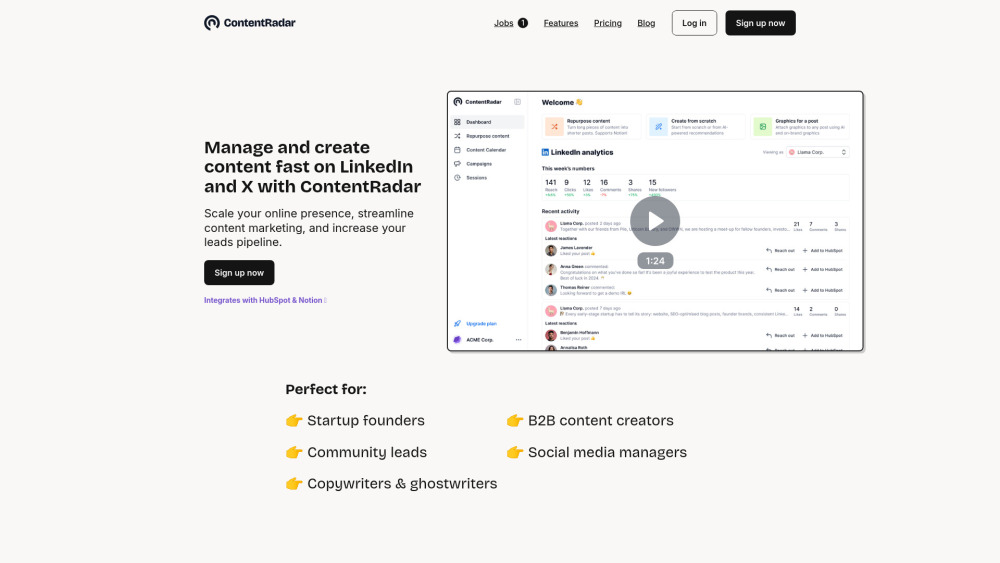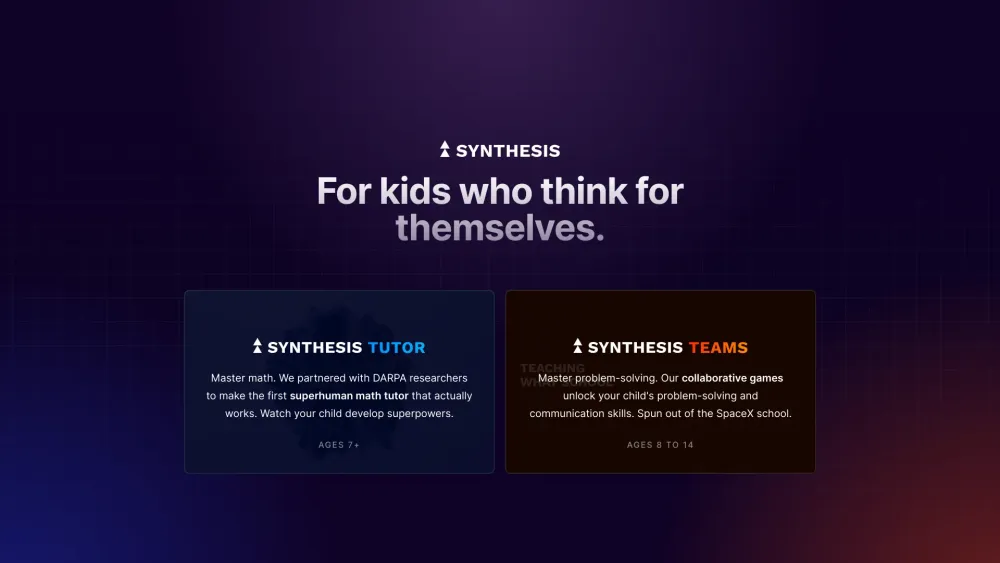Intel CEO Aims to Build 'The World's Most Resilient Supply Chain' for Future Success
Most people like

Elevate your social media strategy with our AI-driven content management workspace designed specifically for LinkedIn and X. Simplify post creation, enhance audience engagement, and streamline your content planning process—all with the power of artificial intelligence. Transform your online presence and maximize your networking potential effortlessly!

In today's rapidly evolving digital landscape, effective educational AI is transforming the way we learn and teach. By leveraging advanced algorithms and data-driven insights, AI-driven solutions enhance personalized learning experiences, improve student engagement, and streamline administrative processes. This article explores the profound impact of educational AI on modern education, highlighting its benefits and potential to revolutionize the learning environment. Join us as we delve into the future of educational technology and its role in fostering better education for all.

Introducing the world’s first AI-powered journal: a groundbreaking innovation that transforms the way we document our thoughts, ideas, and experiences. This cutting-edge tool harnesses artificial intelligence to enhance self-reflection, streamline organization, and personalize your journaling journey. Discover how this revolutionary journal can elevate your daily writing practice and support your mental well-being.
Find AI tools in YBX
Related Articles
Refresh Articles

